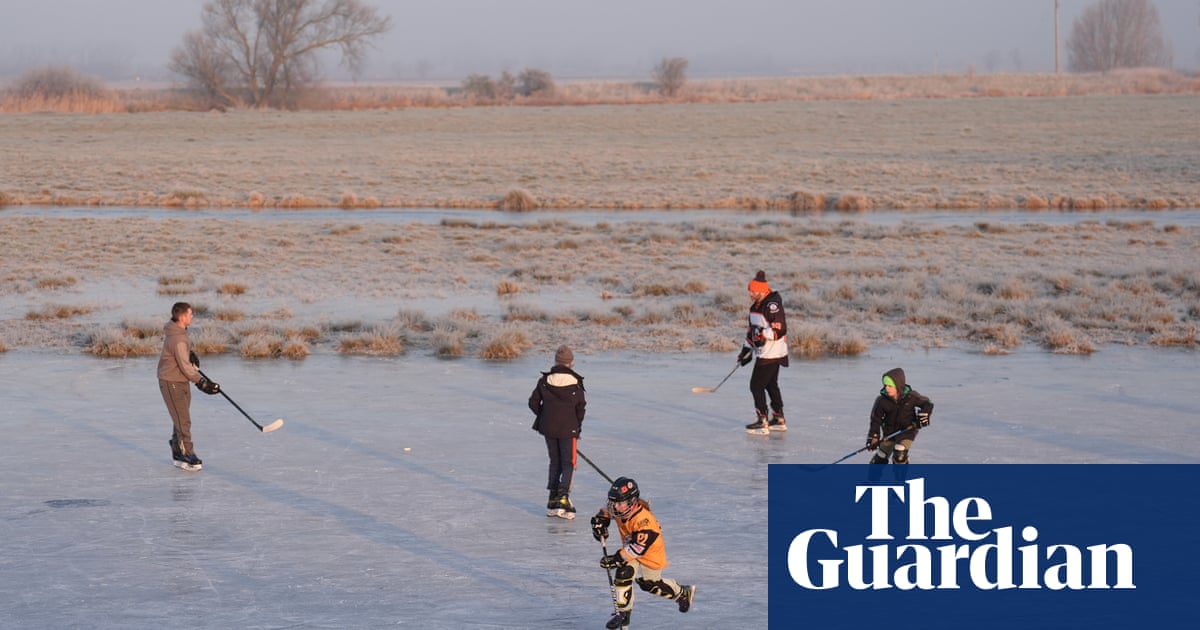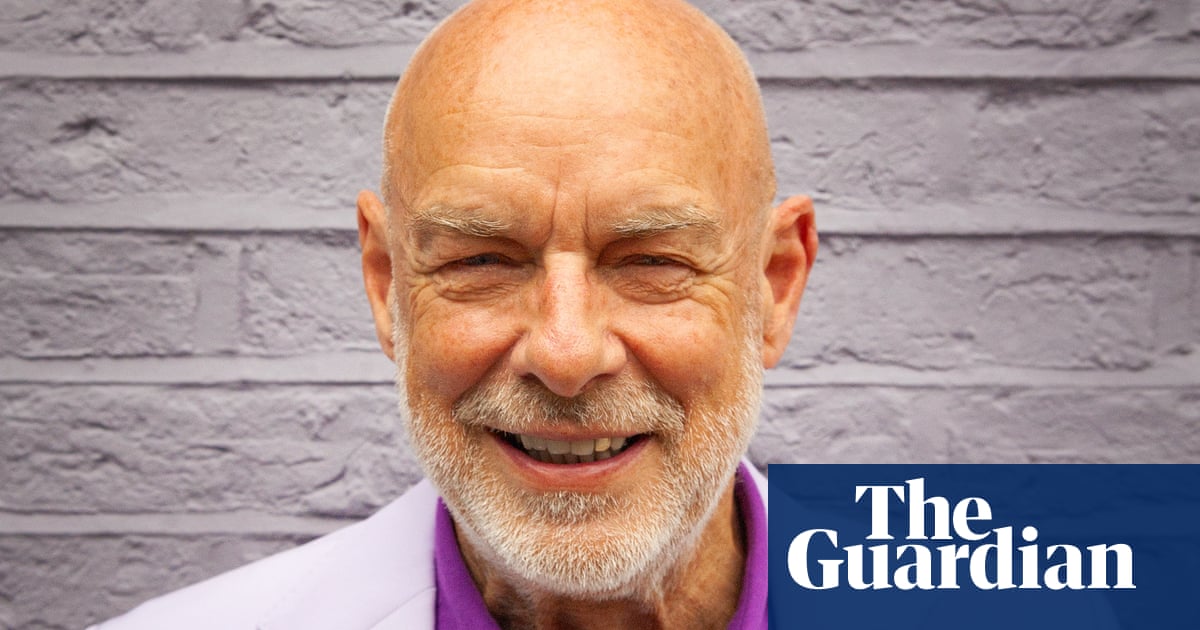After the bus driver Keith Rollinson died at Elgin bus station after a violent assault by a teenage passenger, friends and colleagues held a candlelit vigil to remember the man described by his family as “a true gentleman with a heart of gold”.
On the day of his funeral, the north-east town came to a near-standstill, with bus services suspended so that his fellow drivers could line the streets.
The 58-year-old died of cardiac arrest in February after he was attacked by a 15-year-old whom he had refused to allow on to his bus because he was too drunk. On Monday, the teenager, who was originally charged with murder but admitted the lesser charge of culpable homicide, was sentenced to four years and four months in custody.
The shock of Rollinson’s death reverberated through bus stations across Scotland, but many believed it was the tragic conclusion of an escalating trend.
“The writing was on the wall,” said one driver, speaking to the Guardian on condition of strict anonymity, because their contract forbids talking to the media. “Over the past few years we’ve seen more and more verbal and physical assaults. As a driver, you don’t know who is getting on your bus or what their attitude is and you’re left to deal with it alone.”
A survey of more than 1,000 Scottish bus drivers, published by Unite last week, revealed what the union described as “historic levels of abuse”, with more than 90% having experienced verbal or physical abuse over the past year and 51% reporting they do not feel safe at work. Respondents described receiving racist or sexist abuse, being spat at and threatened with violence as well as physically assaulted.
And while acknowledging that abuse has always been an issue, bus drivers also said the rate of incidents had increased since free bus travel, using the Young Scot card, was introduced for under-22s two years ago.
They report how bus stations have become unofficial meeting points for youngsters, particularly at weekends, with staff cuts meaning that many are left unsupervised at those flashpoint times for vandalism and intimidating behaviour.
“It’s happening across Scotland on a daily basis,” said the anonymous driver. “Keith was a colleague, a family man, and he was there earning a living. No one thinks they’ll go to work and not come home that night.”
The survey also revealed that drivers had been unwilling to report incidents to police or employers and when they did, had been deeply dissatisfied by the outcome. The drivers surveyed supported introducing similar legal protections to those enjoyed by railway staff.
The Unite general secretary, Sharon Graham, has told Holyrood that “a do-nothing response is not an option”, while Dougie Maguire, the union’s Scottish transport coordinator, wants the Scottish government to “get everyone round the table. This is a complicated issue that needs a multi-agency response: bus companies, local councils. Police can’t do it alone.”
Maguire stressed the impact on communities as well as workers, and said services were frequently cancelled because vehicles had been vandalised. Other passengers were put off evening or weekend bus travel, when antisocial behaviour peaked, he added.
after newsletter promotion
Sue Webber, the Scottish Conservatives’ shadow transport secretary, is calling for a card curfew. When she pressed the first minister, John Swinney, about the matter at first minister’s questions last week, he described bus driver abuse as “completely unacceptable” and said the “overwhelming majority” of young people valued the card and used it properly.
Webber agrees “this is not a problem with every young person”. She said: “I’ve witnessed situations where other youngsters are as intimidated as the adults onboard. People have been too quick to suggest scrapping the cards altogether, but we cannot exclude young people who are using them to get to college or school.”
Transport Scotland, which administers the free travel scheme, says it is already working with operators, unions and other stakeholders to develop further sanctions and preventive measures. These include a new behaviour code for passengers and a process for the temporary suspension of concessionary travel cards.
Meanwhile, young people’s advocates have cautioned against scapegoating. Describing the Unite results as “incredibly disheartening”, the NUS Scotland president, Sai Shraddha Suresh Viswanathan, said “blaming poor behaviour on one group based on their age, as some are seeking to do in an effort to undermine the policy of free bus travel for under-22s, is, frankly, ageist”.
Highlighting the “vital support” free bus travel gives young people, helping them to access education, employment and leisure, Nicola Killean, the children and young people’s commissioner for Scotland, said it was important that children “are not stereotyped based on the behaviour of a minority of individuals. When there is antisocial behaviour by adults, we don’t hear calls for all adults to be banned from public transport”.

.png) 1 month ago
10
1 month ago
10













































